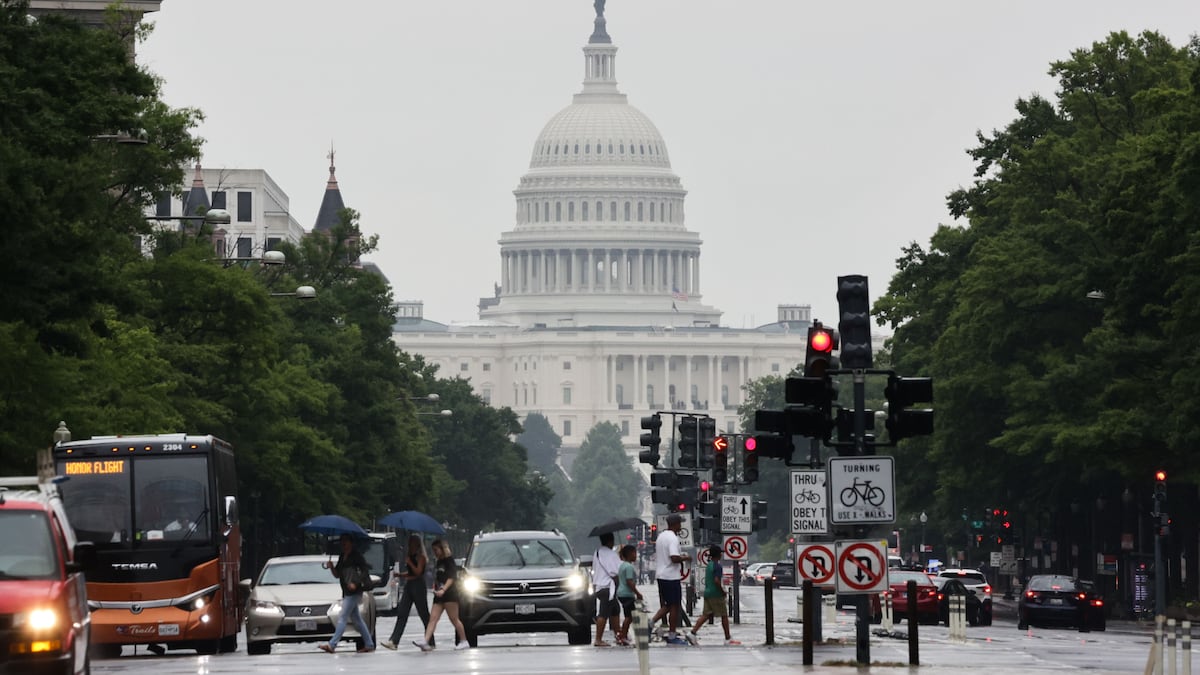- Congress is back in session, and top Democrats have said they want to pass crypto legislation before November.
- They don't have much time, and other pressing matters are preoccupying Senate Dems.
A version of this story appeared in our The Guidance newsletter on September 9. Sign up here.
With a curtailed schedule, and a looming government shutdown, the chances of crypto regulatory legislation being heard before the US election are small.
Today, Congress is back in session after the summer — but only for three weeks before lawmakers break again to hit the campaign trail ahead of the November 5 election.
Government funding runs out on September 30, and a fight is brewing between the parties over issues like voting requirements.
Democratic Senate Majority Leader Chuck Schumer has said he wants to pass crypto legislation before year-end.
However, the crypto issue did not come up in a letter he sent to Senate Democrats urging bipartisan cooperation to avoid a “pointless and painful shutdown.”
Crypto laws could be bundled into bigger bills and passed during the so-called “lame duck” session, or the period after an election and before the first day of the new Congress.
Lawmakers tend to use these sessions to pass urgent bills or tie up loose ends.
Two market structure bills are among those in the works:
- The FIT21 Act, the brainchild of House Financial Services Committee chair Patrick McHenry, who is set to retire at the end of 2024.
- A separate bill by Senate Agriculture Chair Debbie Stabenow, which has been delayed. Stabenow, too, said she won’t seek reelection.
That doesn’t mean September won’t be busy, however.
Hearings schedule
Hearings are ostensibly seen as a way legislators collect information before writing bills.
But they’re widely considered a waste of time — opportunities for lawmakers to grandstand and put on a performance by grilling witnesses, while the real work gets done in committee.
Still, they can be a gauge of lawmakers’ thinking on a given issue.
Securities and Exchange Commission Chair Gary Gensler may get such a grilling toward the end of September on his agency’s enforcement agenda, which includes a slew of actions against crypto businesses.
There is nothing on the calendar yet, but Gensler is expected to appear before both chambers of Congress.
Some upcoming hearings:
- The House Financial Services Committee has scheduled a hearing on “Decoding DeFi” for Tuesday.
- A hearing on pig butchering is reportedly slated for September 18.
Reach out to me at joanna@dlnews.com.
